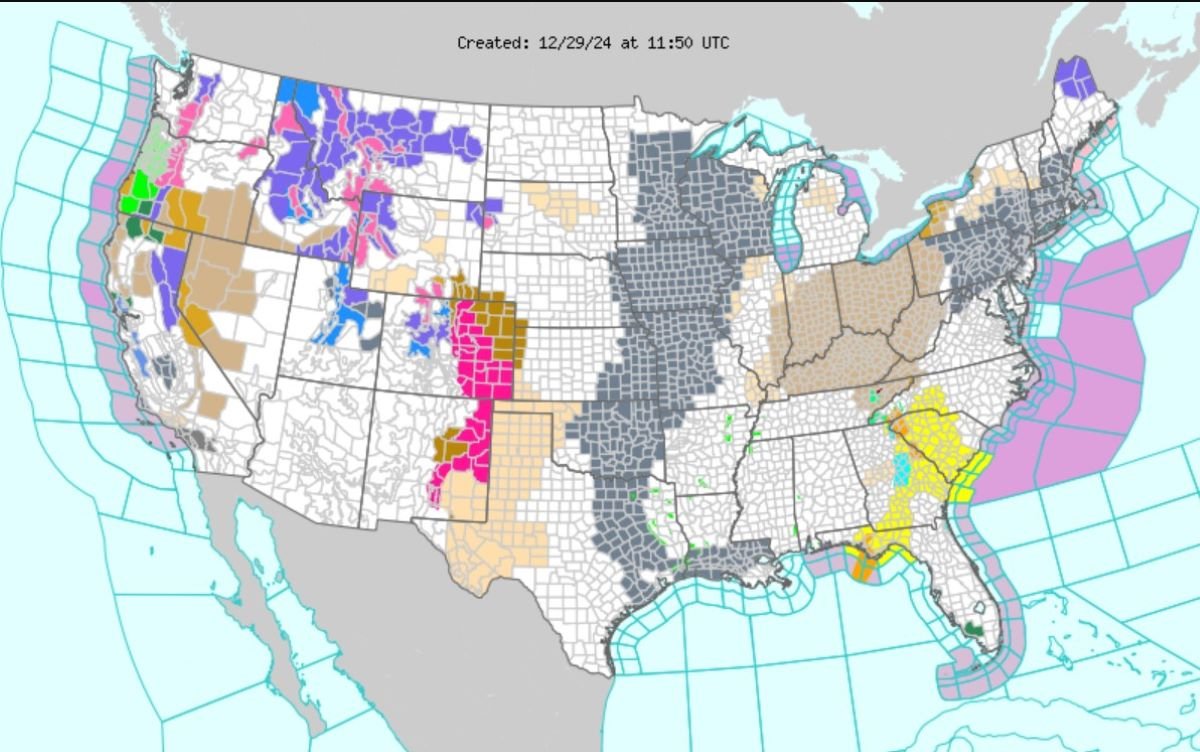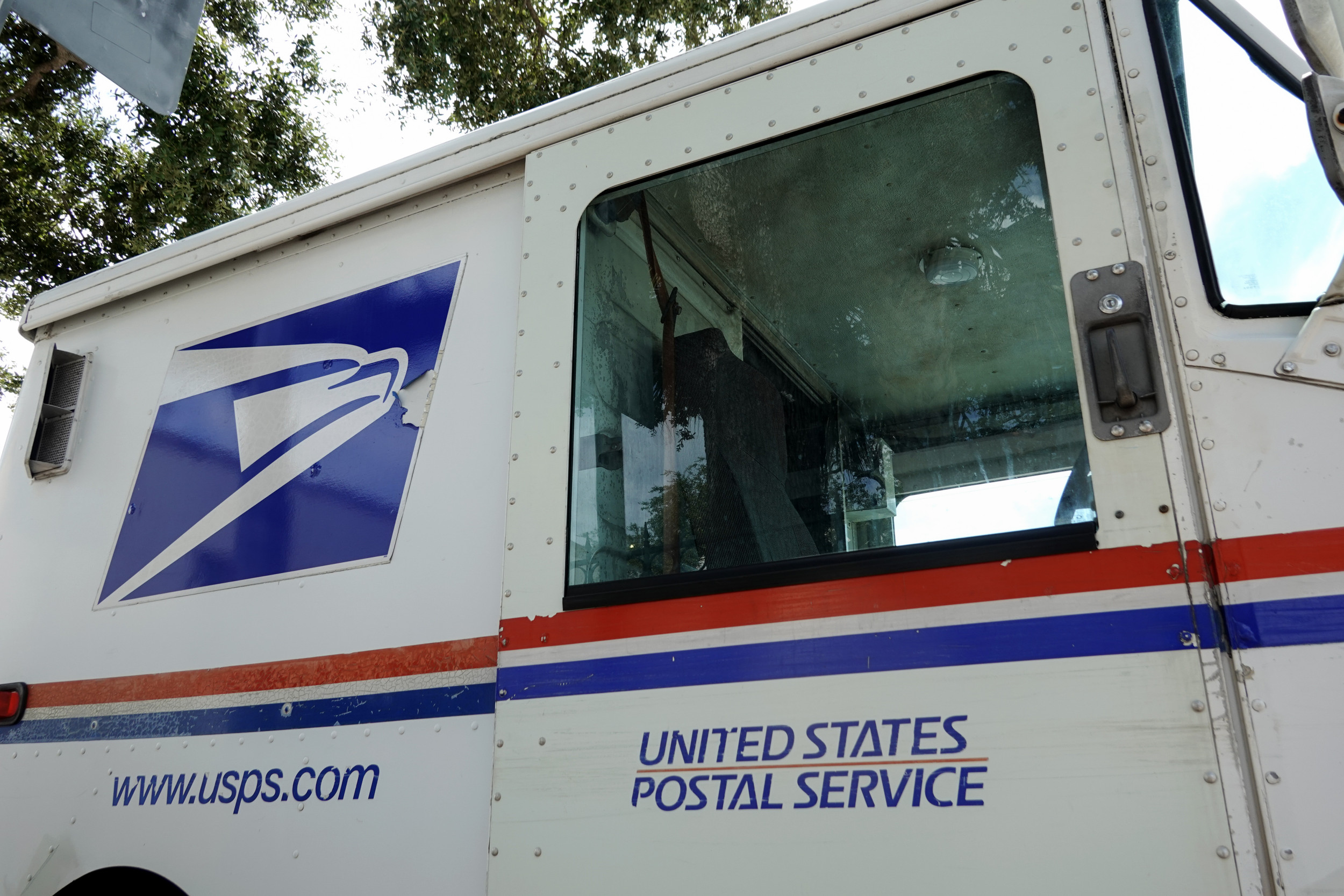The National Weather Service (NWS) has issued tornado watches across parts of four states as thunderstorms sweep across the U.S.
The four states with tornado watches in place are North Carolina, South Carolina, Georgia, and Florida. A map produced by the NWS shows which counties are affected.

Why It Matters
The severe weather strikes during one of the busiest travel weekends of the year, with tornadoes potentially posing a threat to life and property.
On Saturday, tornadoes in Brazoria County, Texas, left one dead and damaged 10 homes.
What To Know
The NWS has issued two tornado watches: 723, which is in effect until 9 a.m. EST, and 724, which is in effect until 1 p.m.
Tornado warning 723 is in place for counties in central, east central, northeast, south central, and southwest Georgia, as well as in Florida's Big Bend and Panhandle.
Tornado warning 724 is in place for counties in northeast and southeast Georgia, southeast and upstate South Carolina, and Piedmont and western North Carolina
The full list of affected counties can be found here.
In its wider forecast, the NWS said "severe thunderstorms and embedded heavy rainfall will affect most of the eastern states through Sunday."
"Heavy rain and scattered to severe thunderstorms, capable of producing tornadoes, damaging wind gusts and hail are possible from the eastern Gulf Coast northward into the Carolinas, where a slight risk of severe thunderstorms [warning] is in
effect," the NWS said.
Tips for Staying Safe During a Tornado
The NWS says that acting quickly is crucial to staying safe during a tornado. Stay informed by monitoring local news or the National Oceanic and Atmospheric Administration Weather Radio for continuous updates on tornado watches and warnings.
If you are indoors: When a tornado warning is issued, head to your basement, safe room, or an interior windowless room. Bring your pets if time allows.
If you are at work or school: Follow your tornado drill procedures and move to the designated tornado shelter area. Avoid windows and large open spaces like cafeterias, gymnasiums, or auditoriums.
If you are outside: Seek shelter in a sturdy building as soon as possible. Be aware that sheds, storage units, mobile homes, and tents do not provide adequate protection.
If you are in a vehicle: Vehicles are not safe during a tornado. If possible, drive to the nearest sturdy shelter. If that's not an option, either crouch down inside your car while protecting your head or leave the vehicle and take cover in a low-lying area such as a ditch or ravine.
What Happens Next
Emergency preparedness measures remain active, and additional updates from the NWS are anticipated as conditions develop.




















 English (US) ·
English (US) ·